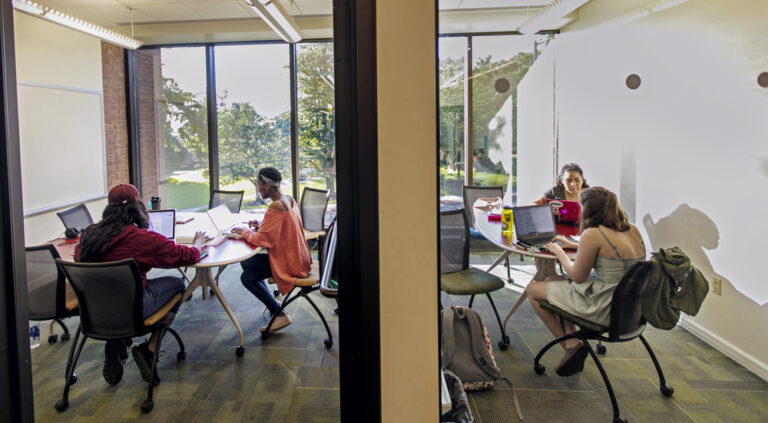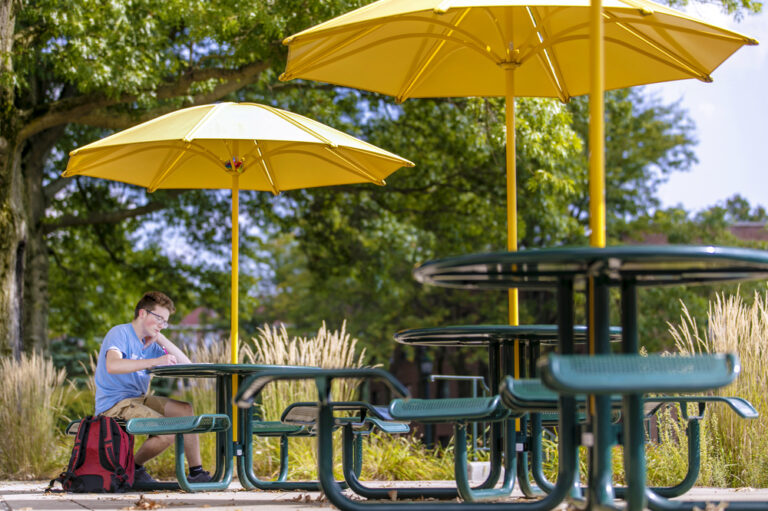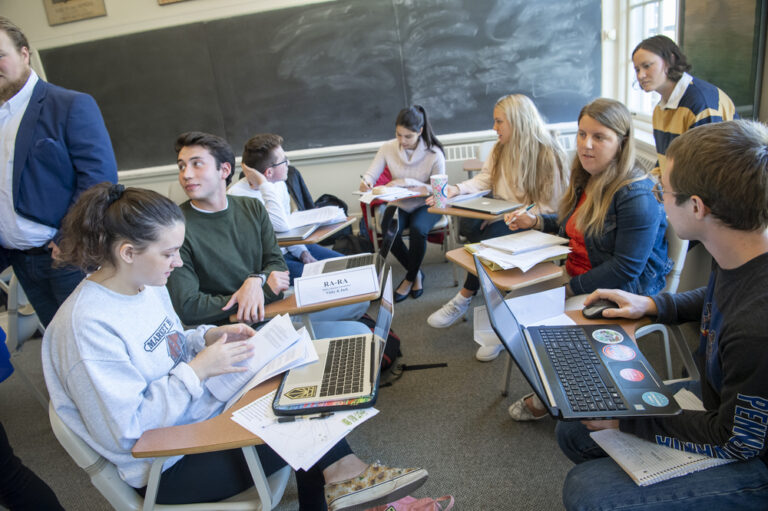Concerned faculty members regularly contact the Student Accessibility and Support Services (SASS) with questions about a student that they feel may have a disability. While SASS obviously desires that all students with disabilities receive the necessary accommodations, it is the responsibility of the student to initiate contact with SASS.
All students admitted to Allegheny are sent a disability “self-disclosure” form. If this form is returned, the student will be made aware of services that Allegheny offers pertaining to the disability that the student lists on the self-disclosure form. Students may also disclose a disability to SASS at any time during their time at Allegheny.
Unlike high school, where teachers actively refer students to special education services, we must remember that college students are adults, and privacy is a major consideration. As a result, if you have a student that you feel qualifies for services from SASS, your referral to the SASS office needs to be informational and supportive as opposed to directive or authoritarian.
We recommend questions such as “Did you know that Allegheny has a student accessibility and support services office?” or comments such as “That is a concern that the folks in the student accessibility office would be happy to discuss with you. Do you know where that office is located?” Since the student’s privacy is a concern, we recommend that this type of discussion take place in your office or discretely before or after class. Some students have a disability (particularly a learning disability or a psychiatric disorder) of which they are not aware. Others are aware, but choose not to disclose.
Informing a student of the SASS office is not a violation of privacy, as the individual will make the decision as to whether to follow up. Of course, if a student has asked for a disability related accommodation, the referral is appropriate and necessary.








